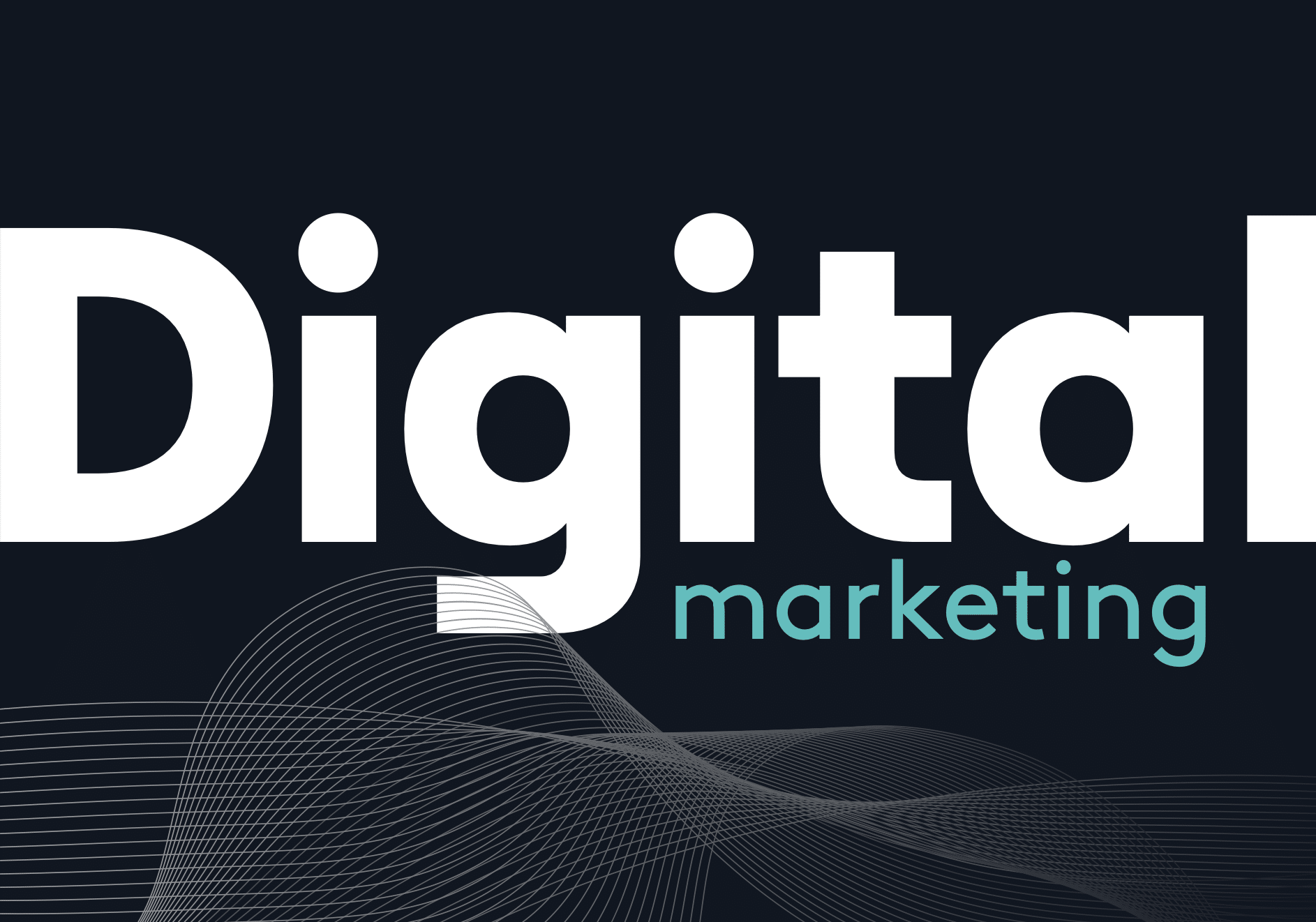Google has become synonymous with digital marketing.
A few mind-boggling statistics make it easy to see why. As of the end of 2022, Google’s share of the UK mobile search market stood at a lofty 98%. Worldwide, companies spent a staggering $224.5 billion through the Google Ads platform last year, almost double the expenditure recorded in 2018 and $180 billion up on a decade ago.
It is therefore not uncommon to see entire marketing strategies centred around performance on the world’s leading search engine.
How to navigate Google Ads
Indeed, when we talk about paid digital media strategies, what we really mean is how we leverage the Google Ads platform to achieve the best outcomes. While there are other platforms out there such as Facebook and Instagram, Amazon, LinkedIn and Bing, Google is the channel that brands typically will be targeting.
There are many approaches to navigating Google Ads. Some campaigns can achieve success on small budgets of just a few hundred pounds per month, while other businesses will commit tens of thousands over the course of a year. For bigger corporations, Google Ads budgets will easily go into the millions.
Regardless of budget, it is essential to nail down your goals and target audience/personas before committing to a campaign. Who are your ideal customers? What do you want the campaign to prompt them to do?
Once your Google Ads account is set up, a typical campaign launch process looks like the following:
- Identify your keywords: Marketers leverage Google Ads by bidding on keywords that are relevant to their brand – this makes their advert appear in results searched for by their target audience.
- Create your campaign: Pick a campaign type, set a schedule, location, language and budget, and choose your bidding strategy.
- Create your ad: Crafting content for Google Ads is something of a fine art. Consider what wording and/or imagery conveys maximum value in a limited space – this will vary slightly depending on the type of Google ad (search, display, YouTube, shopping etc.).
- Track and analyse performance: This is vital to becoming more effective at using Google Ads over time. Make sure you monitor key metrics such as cost per click, click-through rates, conversion rates and cost per acquisition.
What benefits can Google Ads bring?
If executed effectively, Google Ads campaigns can yield results in a number of ways beyond simply boosting traffic to your website.
Indeed, not only can brand engagement be enhanced by attracting the right personas, but Google Ads is also a sales conversion and profit generator, Google itself saying that return on investment is typically £8 for every £1 spent through the platform.
In addition, the data collected during campaigns can unlock valuable insights into your customer base, as well as enabling you to make optimisations that can derive even greater value from your budget.
Paid digital vs. SEO – what should I choose?
A common question asked among marketers is whether to focus on paid digital media such as pay-per-click (PPC) campaigns through Google Ads, or invest energies into building organic SEO credentials across brand websites.
There are, of course, advantages to both. The paid approach, if mastered, delivers fast results as ads will appear as soon as your campaign is made live.
On the other hand, investing time into building up the SEO credibility of your site will result in a foundation from which a solid digital strategy can be built upon. Indeed, good SEO lasts forever, and larger proportions of traffic to websites typically derive from organic search as opposed to paid.
That said, the most common and logical approach is to build your Google strategy around a combination of both paid and organic SEO strands – the two work well in conjunction and can be leveraged to serve short-term and longer-term objectives.
At Magenta, we run SEO campaigns alongside PR and communications to deliver optimised results for clients. It is firmly our belief that a successful, integrated campaign will translate into your business ranking higher in search results on Google. Find out more on our SEO webpage.









